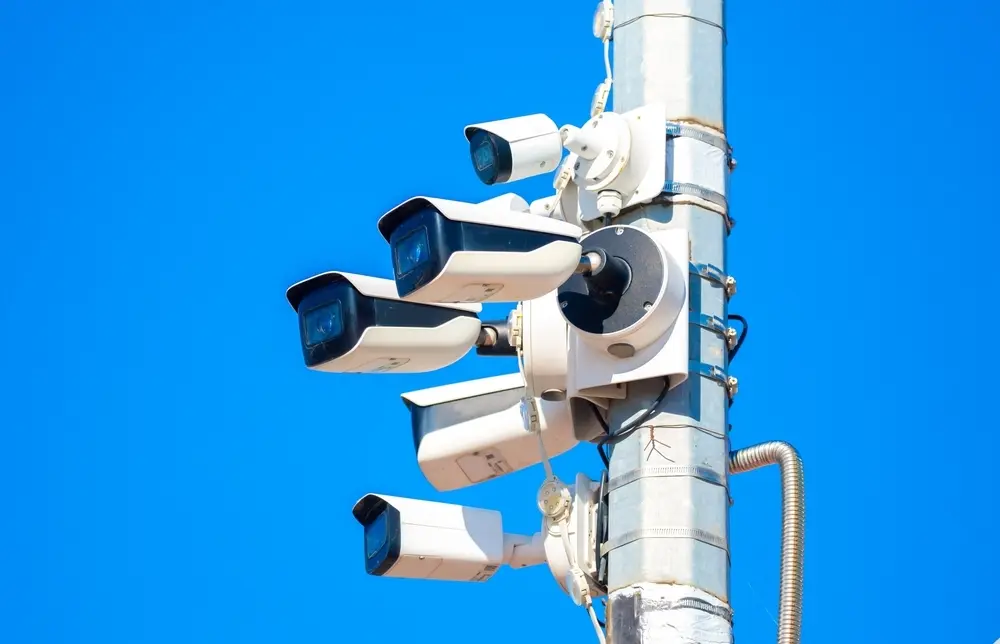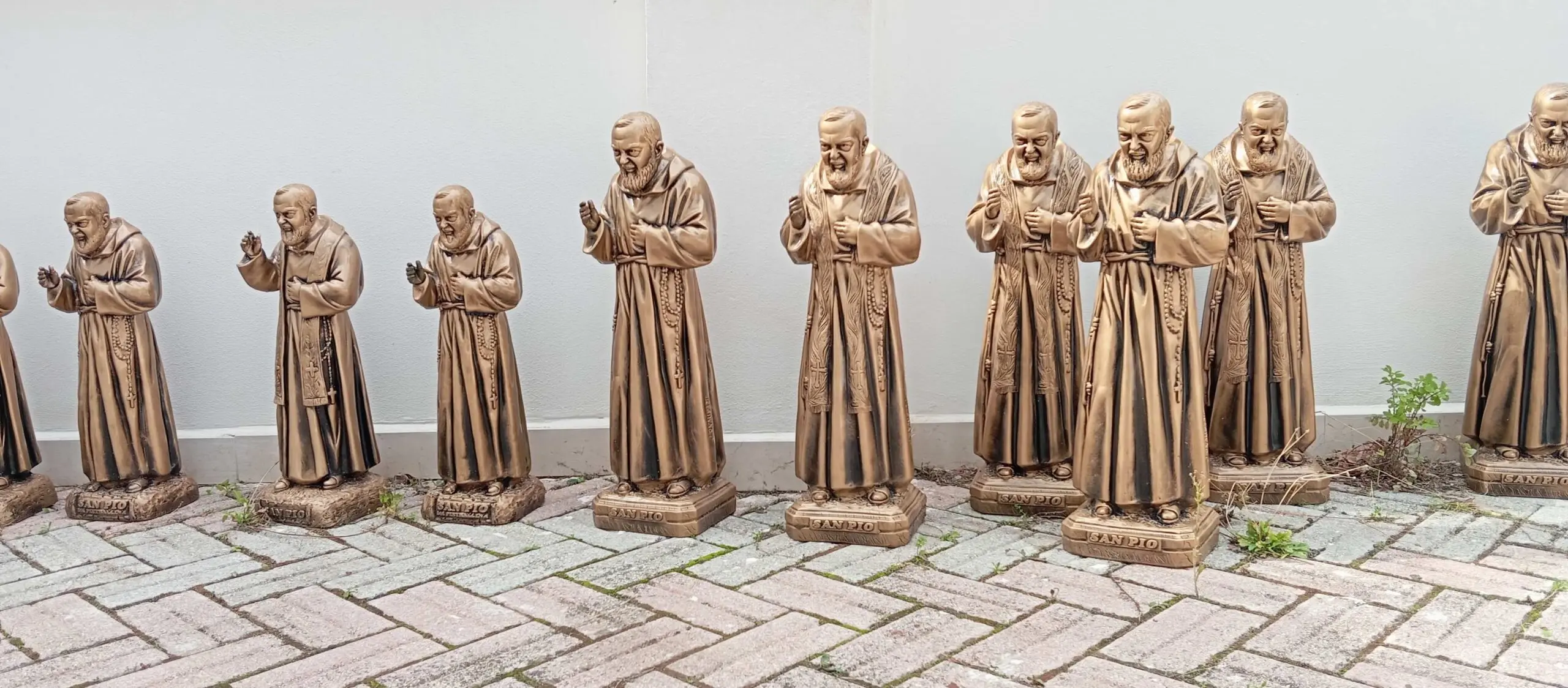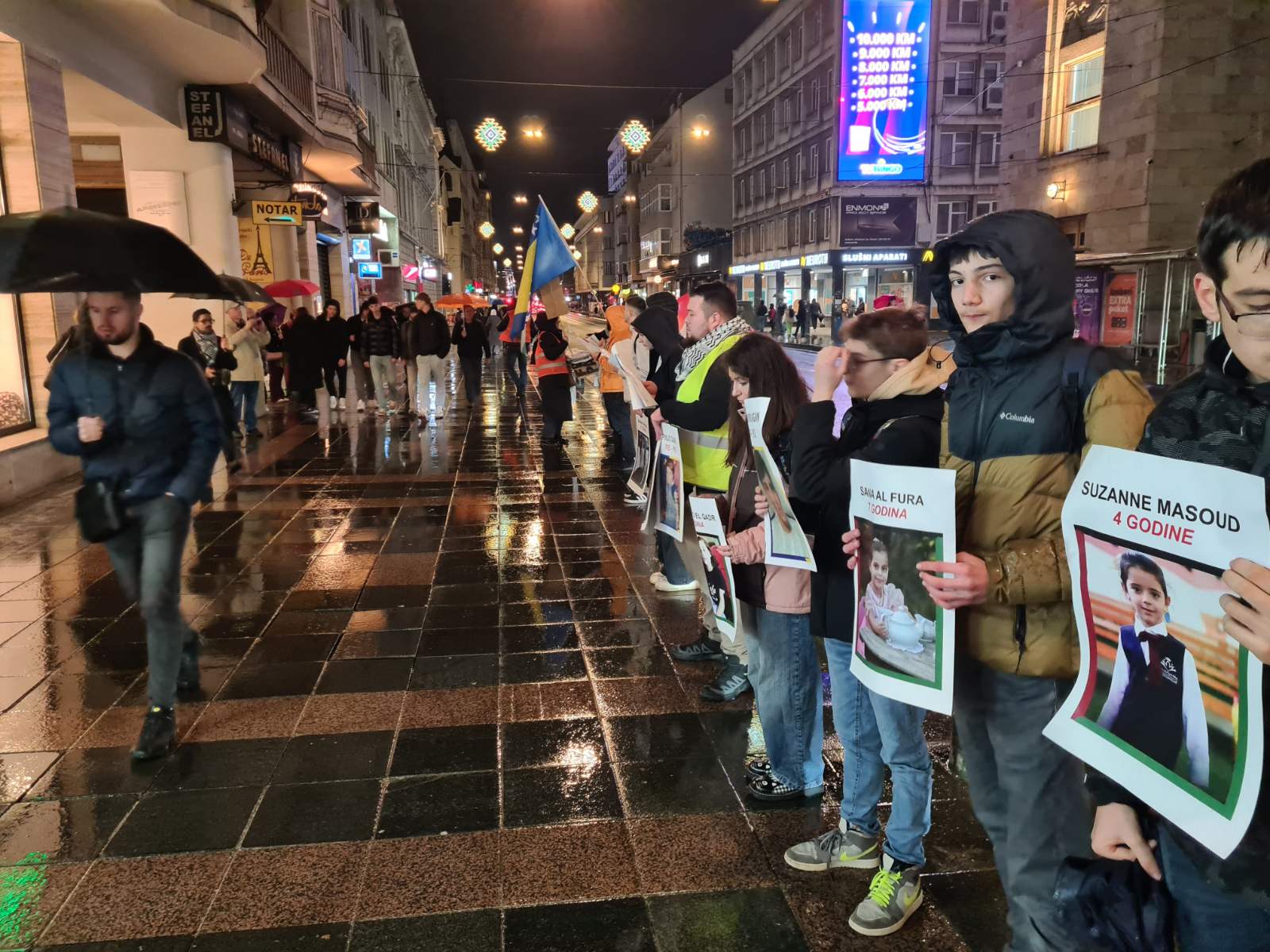Sud Serbia: una fragile pace
Ad un anno dalla crisi al Sud della Serbia, nella valle di Presevo, Medvedja e Bujanovac come stanno andando le cose? Ne fa il punto un testo in inglese del nostro corrispondente dalla Serbia Mihailo Antovic. (Testo in inglese)
It has been a year now that the most serious crisis south Serbia has experienced in the last 50 years opened up. Sometimes in the midst of last spring, appeared the ‘high command’ of the new Albanian ‘Liberation Army’, named after its more successful (and from the Serbian viewpoint notorious) sister – KLA. This time, it was named The Liberation Army of Presevo, Bujanovac and Medvedja, after the names of the three southernmost Serbian municipalities. In these municipalities, at the border with Kosovo, Albanians constitute the majority of the population and there is a big strive for either complete independence from Kosovo. At that time, on 12 May 2001, they attacked the positions of the joint Serbian security forces (army and special police) along the then-existing ‘security zone’, a "no man’s land" area of 5 km, preventing Serbian forces from coming into physical contact with KFOR. In a number of locations, they plunged into Serbia, sometimes further than the 5 km "no man’s land" area into Serbian territory. Since Serbian forces were much more numerous and better organized, this cost at least 13 Albanian rebel lives on the first day of the clash, but, according to PBMLA, this was necessary to improve their position in the forthcoming negotiations on the status of south Serbia. The whole clash lasted several months and ended in a compromise, which, contrary to the Kosovo representatives’ requests, seemed to be more biased towards the Serbian position this time. The autonomy of the three municipalities from proper Serbia is out of question, and their full integration into Serbian legal and political system is to be implemented. However, Serbia is to guarantee full respect of human, especially minority rights in the area, it is to vouch for a substantial self-rule of the Albanian majority in local affairs and their just incorporation into the political life of the country as a whole, and finally, it is obliged to direct a substantial portion of foreign humanitarian and financial aid to these three little towns – considered to be among the poorest in the already impoverished Serbia. Thus it seems that, unlike the Kosovo Albanian dream of an independent or at least highly autonomous state which seems to be close to its realization, the dream of south Serbian Albanians for ‘North Kosovo’, as they like to call this area to be incorporated into proper Kosovo, is far from becoming a reality. Unfortunately, in order to come to such an ephemeral solution, this area passed through hard times, which caused renewed distrust among the local ethnic groups, and, consequently, strong pressure by the international community and indeed a big effort by the new Serbian establishment led by vicepremier Nebojsa Covic – the man in charge of ‘southern issues’ – south Serbia and Kosovo. Covic was the first politician to regain international credibility after years of Milosevic’s []s, and then to actually do something about the problem. What the situation looks like a year after is the ultimate question today.
A round table was organised, in Bujanovac, beginnings of May this year, with about 20 participants from the conflicting (or, today, cooperating) sides. It was initiated by the local Covic plan’ or the ‘Program for Solving the Crisis in the Municipalities Presevo, Bujanovac and Medvedja’, as it is officially called. During the meeting, it was concluded that, although the ghosts from the past do not rest as yet, much has been achieved in the nine months period after the first real truce in the area. "There are not only peace and full freedom of movement and speech now, but there are all the necessary preconditions for further development" said Mr. Sannino. He tried to back up this claim with facts: a multiethnic police force of 290 members has been active in the area – unseen in Serbia since before Milosevic! – local media have been democratized and professionalized, and local elections have been prepared for 15th or 16th June, but postponed. After some complaints by Mr. Riza Halimi – Presevo mayor and local Albanian leader, about certain inconsistencies and repression towards the Albanians in the area, vicepremier Covic reminded him that "out of more than 14,500 Serbian security forces only 2,300 were now remaining, which was a proof enough that no actual repression was taking place any longer". Halimi also complained about the Serbian Coordinating Centre – a body formed by the Serbian Central Government to deal with crises in Kosovo and south Serbia, headed by Covic. According to him this Centre was "not coordinating its position with the Albanian representatives when acting abroad" – at the time in Vienna where Covic explained to EU ministers the development of the situation in south Serbia. Currently he is heading another similar delegation in London. Mr. Covic replied that this was "indeed a problem, and steps are being taken to incorporate representatives of local Albanians, Serbs and Romanies into the Government’s Coordinating Centre, too". He also mentioned the cancellation of the moratorium on real estate trade (established to prevent forceful eviction of Serbs from the area, a scenario seen in Kosovo for 20 years at least) as a success, and the issue of the amnesty given by the Serbian authorities to all PBMLA members who did not commit any war crime.
The issue of amnesty is one of the problems still remaining. Albanians complain that former PBMLA members might not be allowed to take any serious local political position, for the sole fact they once participated in the actions of this rebellious group. Serbs either claim this is not "quite true" or it is "true, but the same is about to happen in proper Serbia" (the current discussion on the lustration act which will prevent many former Serbian officials to take up state positions for a period of time). Albanians do not like the idea, however. They also often complain there are still 36 local former PBMLA members imprisoned, but Covic replies "these are people who committed serious crimes" and "there is no amnesty for real offenders". However, OSCE is not quite satisfied with such a "rigid" Serbian position and has insisted, at least since this February, that former Albanian leaders be granted full amnesty and be incorporated into local life as all other citizens. Negotiations on this problem have not ended as yet, although the Serbian position seems to have softened a bit in the last two weeks or so.
The second pressing problem is that of local elections, and it is closely connected with the census in these areas. Last month there was a general census in Serbia (including Vojvodina, excluding Kosovo for obvious reasons), and it also included the three turbulent municipalities. The last official census of 1991 claims there are about 50% of the Albanians, 30% of the Serbs, and 20% of "others" in the area. Local Albanian representatives claim the situation has changed "dramatically" in the last ten years (in favour of the Albanians). To this, Coordinating Centre and Mr. Covic replied "of course, new census results will be used to reshape the makeup of the electoral units in the local area". This turned the relatively boring statistical enterprise into a major tool for political bargain in the three towns. Both sides complained about "irregularities" in the census process. The Albanians wanted a high number of local data-takers in the field from their own community, and Serbs of course feared the eventual outcome. The compromise about the national makeup of local auditors had just been made, when there came complaints from the Serbian side "the census process was outrageous and irregular, with data forms often being filled in after the appropriate process ended". This made the Serbian Government halt the entire process and ask the Federal Bureau of Statistics to help straighten out some inconsistencies in order to have as clear an image as possible on the national makeup for the forthcoming elections. Currently, these won’t probably be carried out by the end of June, which of course made the Albanians very angry. Additionally, the Albanians insisted their IDPs from south Serbia currently displaced in Kosovo should be incorporated into the census, similarly to Kosovo’s displaced Serbs. This was technically impossible, they themselves say, and Serbs complain these "so-called IDPs" now occupy Serbian houses in Kosovo and thus lose any claim to be considered inhabitants of south Serbia. It still remains to be seen how the situation concerning the election will end.
It seems then that the situation in south Serbia, in spite of all troubles, is steadily improving. People who regularly visit these areas say, regardless of high-political rows and wrangles, that the life of the common people has substantially improved and trust is coming back to these areas. Serbs and Albanians can be seen talking in the streets – which is still impossible in Kosovo – trading or working together.
Many problems still trouble them, but the relatively peaceful situation achieved is much more than one can say of many other areas in former Yugoslavia.
See also:
Intervista con Saip Kamberi, Comitato per i diritti umani di Bujanovac
Presevo, Bujanovac, Medvedja: un’indagine sul rispetto dei diritti umani
In evidenza
- Sorveglianza e diritti
- MIGRAZIONI












